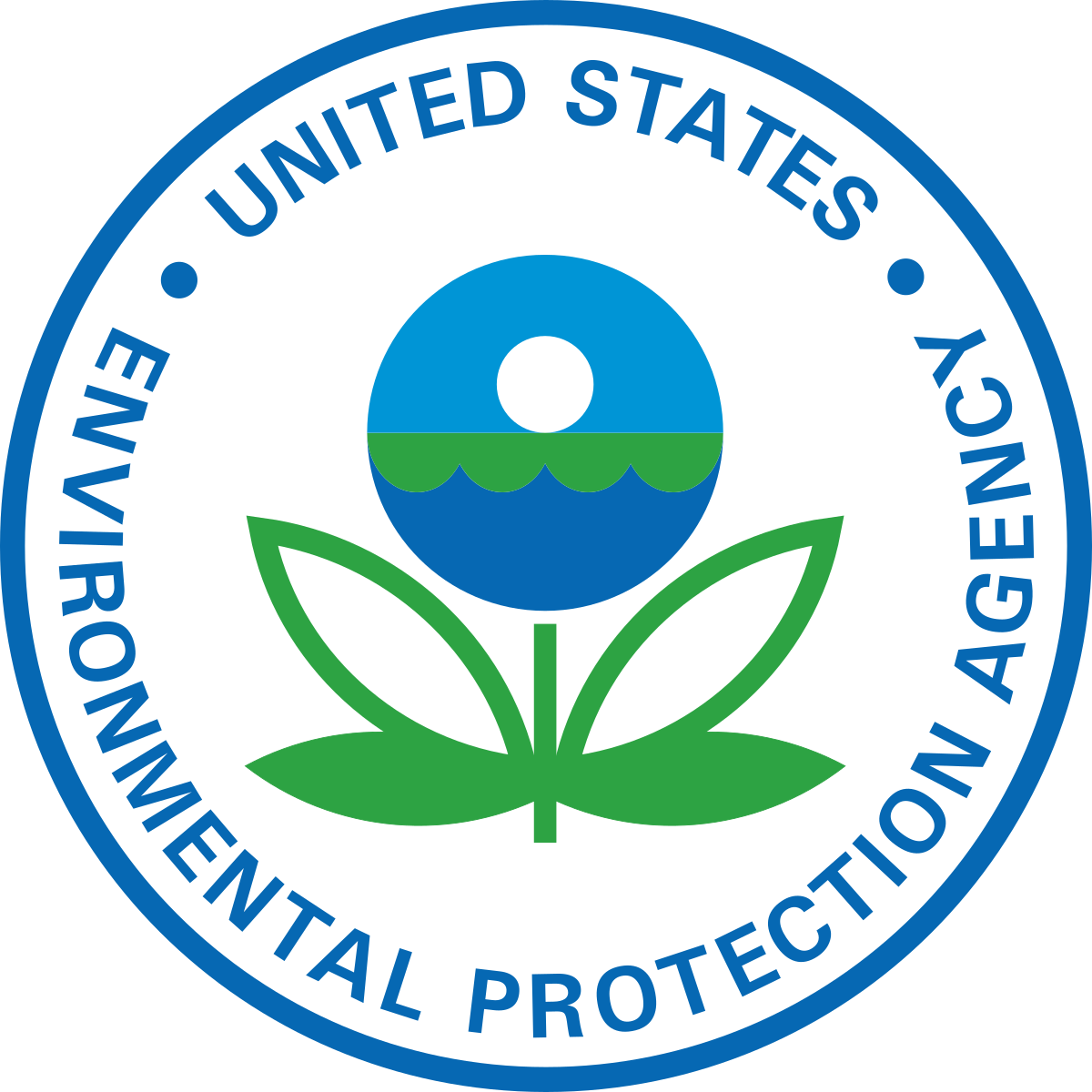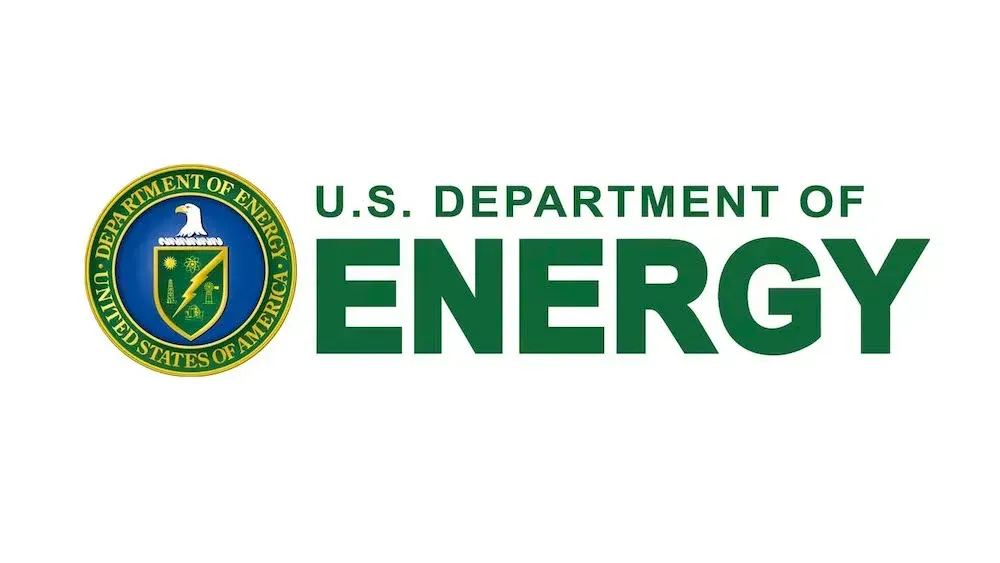U.S. Department of Energy Announces $6.9 Million in Projects to Support Effective Community Waste-to-Energy Strategies for Local Transportation Needs.
The U.S. Department of Energy's (DOE) Bioenergy Technologies Office (BETO) and Vehicle Technologies Office (VTO) announced $6.9 million in funding for nine projects to support local waste-to-energy management solutions for transportation energy needs. Located across six states, these selected projects will help sustainably manage and recover potential clean energy sources from local community waste streams using innovative and cost-effective technologies to produce low-carbon biofuels.
Organic waste streams from food waste, municipal wastewater sludge and solid waste, and manure are a key feedstock for producing biofuels and bioproducts. However, these waste streams represent one of the largest sources of greenhouse gas emissions and contribute to water, soil and air quality pollution. In addition, waste management costs for treatment, stabilization, hauling and disposal are considerable, and municipal landfills can contaminate soil and water. This funding will support local communities plan and identify waste-to-energy solutions for their waste streams, and also help reduce other impacts associated with waste collection and landfilling, including reducing heavy vehicle traffic, odors, and litter.
"Organic waste management presents economic, environmental and health burdens for communities across the United States," said Jeff Marootian, principal deputy assistant secretary for DOE's Office of Energy Efficiency and Renewable Energy. "By advancing novel technologies to convert this waste into valuable energy resources, these collaborative investments will help solve local waste management challenges and support a more secure and resilient future."
Recognizing that local communities may be at different stages in their sustainable waste management planning efforts, the selected projects will address the above waste-to-energy needs through two topic areas:
- Topic Area 1: Feasibility Study Development Analyses
- Topic Area 2: Design Work and Experimental Validation
This funding will benefit communities and transit authorities with waste-to-energy solutions and support the Federal government's commitment to developing cutting-edge technologies that create jobs for our local communities and achieve a secure energy future.









